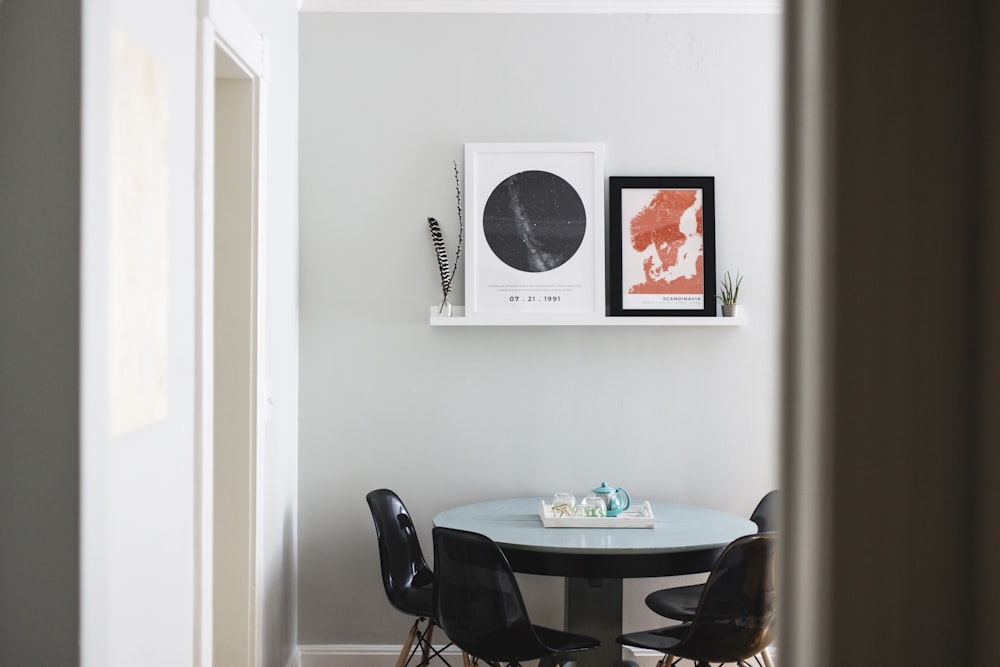Raised garden beds are more than just a trendy gardening method—they represent a sustainable approach to cultivating plants while maximizing space and minimizing environmental impact. Let’s delve into the world of raised garden beds and explore why they’re considered one of the most sustainable gardening solutions available today.
Understanding Raised Garden Beds
At their core, raised garden beds are simply enclosed areas of soil, often framed by wood, stone, or other materials. The height of these beds can vary, but they typically range from a few inches to a foot or more above ground level. This elevation serves several purposes, including better drainage, improved soil quality, and easier access for planting, weeding, and harvesting.
Optimizing Soil Health
One of the key sustainability benefits of raised garden beds is the ability to control and optimize soil health. By filling the beds with a custom blend of compost, topsoil, and other organic amendments, gardeners can create the ideal growing environment for their plants. This approach minimizes the need for chemical fertilizers and pesticides, promoting a healthier ecosystem in the garden.
Water Conservation
Raised garden beds are also praised for their water conservation capabilities. Because the soil is contained within the raised borders, there is less risk of water runoff compared to traditional gardening methods. Additionally, the elevated design promotes better drainage, preventing waterlogging and soil erosion. By mulching the surface of the soil, gardeners can further reduce water evaporation and maintain moisture levels more efficiently.
Maximizing Space
In urban environments or areas with limited gardening space, raised garden beds offer a practical solution for maximizing growing areas. Their compact design allows for efficient use of available space, whether it’s a backyard, balcony, or rooftop. Vertical gardening techniques, such as trellises and stacking planters, can be seamlessly integrated into raised beds, further increasing the yield per square foot of gardening space.
Reducing Weeds and Pests
Raised garden beds provide a barrier between the soil and the surrounding environment, which helps deter weeds and pests. By elevating the growing area, it becomes more challenging for weeds to take root and spread. Additionally, the contained nature of raised beds makes it easier to implement organic pest control methods, such as companion planting, natural predators, and physical barriers, reducing the reliance on chemical pesticides.
Long-Term Durability
Unlike traditional in-ground gardens, raised garden beds offer long-term durability and structural stability. By using rot-resistant materials for the frames, such as cedar or recycled plastic lumber, gardeners can expect their raised beds to withstand years of use without significant degradation. This durability minimizes the need for frequent replacements, resulting in less waste and a lower overall environmental impact.
Promoting Biodiversity
Sustainable gardening is not just about growing plants—it’s also about fostering biodiversity and supporting local ecosystems. Raised garden beds can play a role in this effort by providing a controlled environment where a diverse range of plants can thrive. By selecting a variety of flowers, herbs, vegetables, and native species, gardeners can attract pollinators, beneficial insects, and birds, creating a vibrant and balanced ecosystem within their own backyard.
Conclusion
Raised garden beds offer a multitude of benefits for both gardeners and the environment, making them a cornerstone of sustainable gardening practices. From optimizing soil health and conserving water to maximizing space and promoting biodiversity, these elevated growing areas represent a holistic approach to cultivating plants while minimizing environmental impact. Whether you’re a seasoned gardener or just starting out, raised garden beds provide a versatile and accessible solution for growing your own food, beautifying your surroundings, and connecting with nature. Read more about raised garden bed ideas



